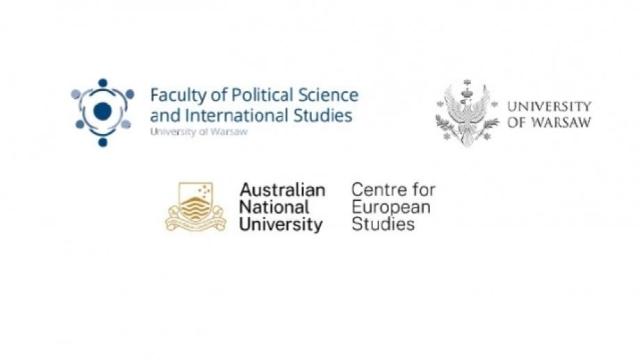
For those interested in recent political transformations in Poland, there is a great collection of scholarly publications by our colleagues from the Department of Political Systems, Faculty of Political Science and International Studies, at the University of Warsaw:
Books:
1. Democratic Backsliding in Poland. Why Has Poland Gone to the Dark Side, eds. Adam Szymański; Łukasz Zamęcki, Renata Mieńkowska
According to various independent research institutions Poland is now seen as the fastest destabilizing democracy. After 1989, Poland was often presented in the international public discourse as an example of the successful political and economic transition away from Communism. However, since 2015, Poland has been associated with terminologies not previously linked with this country: “nationalism”, “populism” or “breaking rule of law”. The authors of the book analyze the reasons for democratic backsliding in Poland in a more comprehensive and systematic manner. Special attention is paid to political polarization, which is a substantial threat to democracy. This volume shows the de-democratization of Poland from various perspectives, cultural and historical, political institutions, party politics, and media. Can the liberal model of of democracy remain intact with Poland, and what role does the EU play in all of this?. The book should be an required reading not only for scholars and students studying democratic decline, but also for everybody who wants to understand what is happening currently in Poland.
2. The democratization process of Poland and Taiwan: Comparative perspective, eds. Łukasz Zamęcki, Li-Jiuan Chen-Rabich
https://www.peterlang.com/document/1336647
Poland and Taiwan: two parts of the world distant from each other, differing culturally and socially, and yet facing kind of similar challenges in the late 1980s and early 1990s – characterised by the transition from an authoritarian political system to liberal democracy. This book seeks to present the process of democratisation of Poland and Taiwan from the point of view of shared perspectives. Invoking the classical literature of transitology, it is possible to explore similarities and differences between the democratisation of Poland and Taiwan among socioeconomic factors, fragmentation in society, political culture, meso- structures (e.g. political groups, social movements), political institutions, historical and national- identity aspects, and international influences.
Papers:
1. Mieńkowska-Norkiene, R., Szymański, A., & Zamęcki, Ł. (2024). The deteriorating legislative role of the legislature in multilevel democracies. Case of Poland. The Theory and Practice of Legislation, 12(2), 109–134, https://www.tandfonline.com/doi/abs/10.1080/20508840.2024.2338500
2. Zamęcki, Ł., & Załęski, P. (2023). How Right-Wing Populists Influence Citizenship Education—Evidence from Poland. East European Politics and Societies, 37(4), 1314-1336. https://doi.org/10.1177/08883254221144710
3. Zamęcki, Ł., & Szymański, A. (2023). Unintentional Democratic Backsliders. “Evil Always Wins Through the Strength of its Splendid Dupes”, Polish Politocal Science Review ,11(1), 24-45. https://sciendo.com/pl/article/10.2478/ppsr-2023-0003
4. Cassani, A., Panaro, AV., Szymański, A. & Zamęcki, Ł. (2023). Democratic backsliding and resilience in extraordinary times: Poland and Italy during the Covid-19 crisis, Italian Political Science, 18(1), 57-77. https://italianpoliticalscience.com/index.php/ips/article/view/198/154